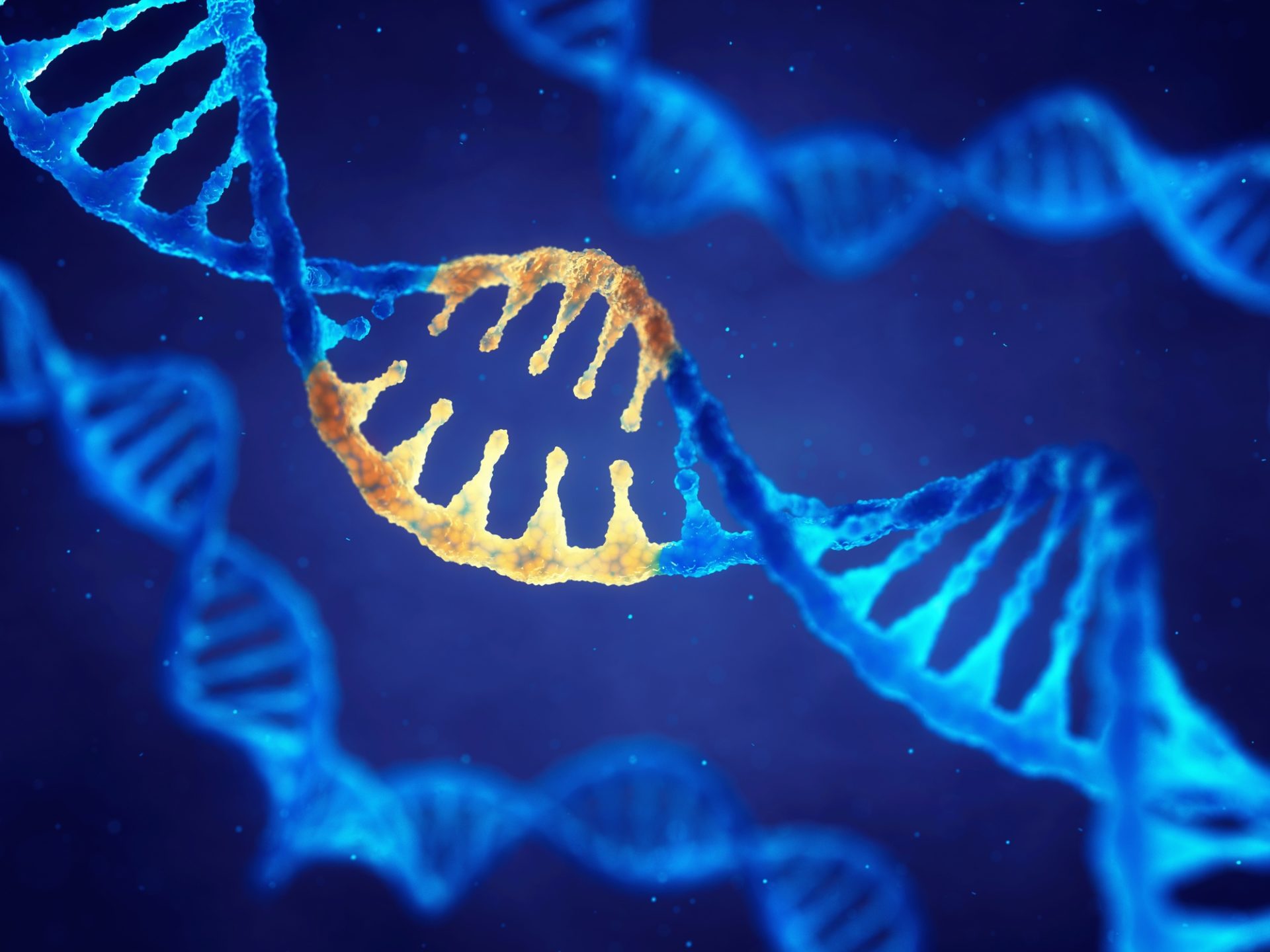
With 6 billion DNA building blocks in each person’s genome—a good chunk of it still uncharted—it’s no wonder that scientists stumble across new discoveries as each additional genome is sequenced. In the research world, that’s called progress. But at the doctor’s office, it’s chaos.
For a small percentage of people who undergo medically-related genetic testing, clinicians are confronted with what’s referred to as an incidental finding. It typically happens to between 2 percent and 4 percent of patients. Such findings are nothing new in medicine, of course: each time a routine urinalysis unexpectedly detects a pregnancy, for example, that’s an incidental finding. But with genetics, the scenario is more like searching for the cause of heart disease and inadvertently discovering a high risk of Alzheimer’s disease.
For genetics experts, incidental findings are an ongoing challenge. All kinds of unpleasant surprises lurk in our genes, ready to jump out even when we don’t want to know about them, ranging from cardiovascular issues to cancer susceptibility. As genetic testing is used to help diagnose more and more conditions, the small percentage of patients who receive medically actionable incidental findings is turning into a sizable number. Still, genetic experts and medical professionals have not come to consensus on the best way to handle them.
During several presentations at the annual meeting of the American Society of Human Genetics last week, industry leaders showed that they’re trying hard to tame the uncertainty about what to do with incidental findings and whether to report them to patients. For starters, groups have made strides with carefully designed consent forms that not only describe the genetic test being recommended, but also spell out possible scenarios related to incidental findings. They aim to help people decide ahead of time how they would want to handle such discoveries. An example: if you’re a parent whose genome is being analyzed only to shed light on your child’s health, not your own, would you want to learn about medically relevant genetic variants that turn up in your data? (In one such study, 95 percent of parents opted to receive that information, as long as it was medically useful.)
There’s also ongoing debate in the genetics field about how to categorize variants that are found. Current medical categories—ranging from “pathogenic” or “likely pathogenic” to “likely benign” and “benign”—don’t provide as much leeway as some scientists would like. Also, existing guidelines for reporting incidental findings discourage telling patients about anything in the “likely pathogenic” bucket. But in a quick survey during one conference presentation, the vast majority there favored returning those results too, even though there’s less certainty whether they cause health problems.
And, being a group that loves to quantify things, genetics experts have also been polling various audiences to gauge their preferences about genetic testing. Alanna Rahm from the Geisinger Health System presented results from a survey of high school students who were asked whether they’d want to have genetic testing in order to discover a disease risk; respondents were split right down the middle, though the majority of teens said they would defer testing for diseases that had no cure. In another study, this one reported by Douglas Pet from Vanderbilt University Medical Center and focused on the attitudes of physicians, the doctors felt strongly that only actionable results should be returned to patients. Some expressed concerns that they would be unprepared to respond to patients’ questions, and many were worried about how much time it would take to cover this information and how they would be compensated for it.
We are still in the earliest days of understanding what genome-based tests mean, how patients will process and respond to them, and what kind of medical professionals need to be involved, if any. But numerous challenges cannot be avoided. So it’s great to see that smart people are focused on these problems and trying to find better ways of dealing with them.
What’s Lurking in Your Genome?
It's still hard to know what to do about genetic news that's discovered about a patient during sequencing for another reason. A small percentage of such tests turn up disturbing findings. Some people want to know, some don't, but figuring out what to do often vexes doctors and researchers. Debate about how to handle this problem is growing within the genetics world.

















